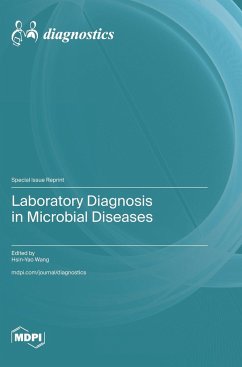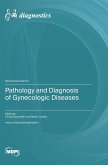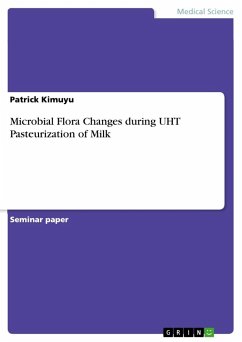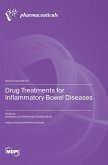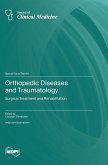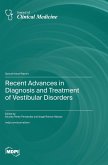Currently, the diagnosis of infectious diseases largely depends on conventional phenotypic tools. However, typically, these tools are heavily based on culturing and are susceptible to bias. Discussing the unmet needs, this Special Issue contributes 11 studies to the study community. The papers in this issue present a diverse array of investigations spanning infectious diseases, microbiome analysis, and diagnostic methodologies. From identifying distinct microbial ecosystems in gallstone patients and evaluating diagnostic methods for latent tuberculosis in hemodialysis patients to assessing the performance of serological assays for Chikungunya virus, the issue covers a broad spectrum of topics. Additionally, the studies delve into the prevalence and characteristics of parasitic infections among school children, the diagnostic challenges in lower respiratory tract infections, and the utility of dried blood spots for serological studies of viral infections. The issue also explores advanced techniques in the detection of Mycobacterium tuberculosis, multiplex PCR assays for neuromeningeal infections, and enzyme immunoassays for monitoring diphtheria toxin production. In addition, a critical review is included that outlines proteomic perspectives on antibiotic resistance in ESKAPE pathogens. There is a need for innovative diagnostic approaches, especially proteomic tools, in the face of emerging pandemics. Overall, this Special Issue offers a comprehensive overview of cutting-edge research in microbiology, infectious diseases, and diagnostic methodologies, contributing valuable insights to the scientific community.
Hinweis: Dieser Artikel kann nur an eine deutsche Lieferadresse ausgeliefert werden.
Hinweis: Dieser Artikel kann nur an eine deutsche Lieferadresse ausgeliefert werden.

